#Safety
Chevrolet Recalling 140,000 Bolt EVs Over Fire Risk
The Chevrolet Bolt is under recall for another defect that reportedly poses a fire risk. However, it’s got nothing to do with the battery this time around. Instead, the automaker has all-new concerns about seat belt pretensioners venting hot exhaust gasses that could ignite interior carpet. In response, General Motors will be recalling 140,000 examples of the Bolt produced for the North American market.
IIHS Evaluating Crash Test Equipment to Tackle Heavy EVs
With automobiles becoming heavier every year, the Insurance Institute for Highway Safety (IIHS) has announced that it’ll be updating its crash-testing rigs to handle more weight. Up until now, the heaviest model to see an IIHS sled has been the roughly 6,000-pound Audi e-tron. While all vehicles have been packing on mass lately, EVs tend to be substantially heavier than their combustion-reliant counterparts due to the battery. For example, the new GMC Hummer is so insanely heavy that there are roads that its 9,600-pound frame simply cannot handle. All that mass likewise means the IIHS is going to have a hell of a time doing any crash testing if its equipment isn’t ready.
Oxford Introducing Traffic Restrictions for Privately Owned Cars After 2023
In England, the Oxfordshire County Council has introduced a new traffic scheme it believes will clear up roadway congestion, improve pedestrian safety, and also address climate issues. However, the plan involves prohibiting where residents of Oxford can drive (unless they have the proper paperwork) by breaking the city into six zones. Predictably, the concept has proven to be wildly unpopular with some of the locals.
Over the last week, residents have been up in arms about the scheme and it’s not difficult to see why. According to the Oxfordshire County Council’s own website, “traffic filtering” involves stopping vehicles from moving through selected checkpoints by leveraging a network of preexisting automatic number plate recognition (ANPR) cameras. While locals will be eligible to purchase permits that will allow them to drive between the zones “up to 100 days per year,” exceeding this limit will result in fines.
Kinda Sorta: Sweden Develops 'First' Female Crash Test Dummy
A team of engineers from Sweden has allegedly developed the first female crash test dummy. But what actually goes into making a human analog for crash testing and why haven’t there been more feminine versions of dummies that have technically existed for over 70 years?
Maybe we should start with a brief history lesson.
Department of Justice Launches Criminal Probe Into Tesla Self-Driving Claims
News broke Wednesday that Tesla was under investigation by the U.S. Department of Justice, regarding the company’s claims about the self-driving nature of its vehicles. The DOJ has been working on the investigation for some time, as it was launched in 2021 but was not disclosed at that time. Turns out it might be time for a government evaluation of whether “Full Self-Driving” Teslas are misleading.
U.S. Transportation Secretary Realizes Autonomous Cars Aren’t Ready
Despite the automotive industry having had the concept on its mind since the 1950s, autonomous vehicles still have yet to manifest in a manner that would allow them to be safely fielded in large numbers. With manufacturers previously vowing to have self-driving cars available to customers by 2020, consumers are starting to write the technology off as an industrial chimera. It’s also starting to look like the government is having doubts, especially now that U.S. Transportation Secretary Pete Buttigieg seems to be calling the technology to task.
Government Inches Closer to Mandatory Breathalyzers, Driver Monitoring
In the past, someone who had an ignition interlock device equipped to their vehicle typically needed to be found guilty of some criminal offense. But they may become commonplace if the National Transportation Safety Board (NTSB) gets its wish to have breathalyzers installed into all new vehicles.
With crash rates spiking dramatically and substance abuse on the rise, there’s good reason to fret over impaired drivers. Last week, the NTSB cited a fatal incident where alcohol led to the death of nine people on the road – the majority of which were children – as the main reason for it to call for alcohol impairment detection systems to be included in all new vehicles. Though it’s hardly the only one, as the concept of mandatory breathalyzers has been around for decades.
IIHS Reports Pedestrian Detection Tech Rarely Works After Dark
The Insurance Institute for Highway Safety (IIHS) released a study on Tuesday that showcased just how badly advanced driving aids perform at night – specifically the automatic emergency braking systems that are linked to pedestrian detection.
This mimics earlier studies connected by the American Automobile Association (AAA), which frequently highlighted inconsistencies in driver assistance features in general. But nighttime was when things really started to come undone, with plenty of models failing to register that the simulated pedestrians used for testing were even there.
New York Senator Pushes Bill Mandating Speed Limiters for All Cars
Per capita roadway fatalities have seen dramatic increases over the last two years and the National Highway Transportation Safety Administration (NHTSA) has suggested that 2022 might actually end up being the deadliest year it has ever recorded in regard to the total body count. So there are a lot of people in politics that have concerned themselves with getting those numbers down. Unfortunately, the solutions are often to leverage more of the technology that data is starting to show might have gotten us into this predicament in the first place.
Manhattan State Senator Brad Hoylman (D-NY) introduced just such a bill on August 12th, one that would effectively require all new vehicles to incorporate some form of speed-limiting technology by 2024 and direct the Department of Motor Vehicles to establish new rules for all transportation over 3,000 pounds. Considering that even teensy hatchbacks like the Mini Cooper already clock in dangerously close to that threshold, such a law would impact just about everything with four wheels that’s bigger than a Mazda MX-5 or Nissan Kicks.
Automotive Study Confirms What You Already Know About Buttons VS Touchscreens
If you've ever piloted a modern vehicle, you've likely noticed that touchscreens have started supplanting physical controls. You've also probably found that they're not as easy to interface with as the buttons, switches, and knobs they're replacing. Well, there's another study out that's supporting what drivers have known for years – touchscreens don't make for intuitive vehicle controls and may even make the whole process of getting to your destination a little more treacherous.
NHTSA Issues Initial Crash Report for Driver Assist Tech
In 2021, the National Highway Traffic Safety Administration (NHTSA) asked manufacturers to begin reporting vehicle accidents where Advanced Driver Assistance Systems (ADAS) and/or semi-autonomous driving aids were engaged. The agency was specifically interested in incidents where such systems were active at least 30 seconds prior to the crash, hoping it might shed some light as to the technologies at play while the industry continues to make it standard equipment.
Goodyear Recalls Tire Nobody Uses Anymore
Goodyear has agreed to recall more than 173,000 intended for commercial delivery vehicles and RVs nearly two decades after the last one was manufactured. The company’s G159 tires have been under investigation by the National Highway Traffic Safety Administration (NHTSA) since December of 2017 and the recall comes in the wake of years of lawsuits alleging the rubber contributed to a series of fatal accidents dating back to 1998.
Despite no new claims having launched in years, court orders and settlement agreements delayed an order to make corporate data pertaining to the tire-buying public for five full years. The NHTSA didn’t even launch a formal investigation until late in 2017, followed by the recent announcement that the agency has pushed Goodyear into a recall for a tire that ended production during the Bush administration.
Mercedes Recalling Almost One Million Cars Over Bad Brake Boosters
Over the weekend, Mercedes-Benz announced a global recall campaign encompassing nearly a million vehicles it believes could be afflicted with faulty brake boosters.
“We have found that in some of those vehicles, the function of the brake booster could be affected by advanced corrosion in the joint area of the housing,” the automaker explained in a statement.
While the issue is global, the United States is believed to account for roughly 300,000 units, with the National Highway Traffic Safety Administration (NHTSA) advising against driving any vehicle involved in the recall. Affected units will undoubtedly offer lowered braking performance and can even cause total brake failure in some instances. Rare or not, the NHTSA feels this one is simply too risky to chance.
Why Are Traffic Deaths Increasing While People Are Driving Less?
The latest data from the National Highway Traffic Safety Administration (NHTSA) is confirming what local agencies have already been suggesting. Last year represented another sizable increase in U.S. roadway fatalities, pitching up by 10.5 percent over the elevated death rate witnessed in 2020. The agency has estimated that 42,915 people were killed in 2021, whereas 2020 resulted in 38,824 fatalities — a 7.1-percent increase over the declines seen in 2019. While the current situation is not nearly as bad as the rates witnessed during the 1970s, this still represents the highest per capita fatalities in sixteen years and everyone is trying to get a handle on why.
Traffic deaths have been on the rise since the start of the pandemic, confusing everyone who counts crashes because the supporting data also shows that there was a lot less driving being done during the period. Historically, years where people are disinclined from hitting the road due to a beleaguered economy tend to represent far fewer traffic-related fatalities. We can see this happening in 1942 when the U.S. braced itself to enter World War II by rationing everything from fuel to rubber. Another glaring example takes place in 1932, as the nation reached the darkest point in the Great Depression. In fact, there are very few examples of per capita improvements in on-road deaths from the pre-war period, and those that do exist coincide directly with economic recession.
Detroit Automakers Reinstate Mask Mandates in Michigan
General Motors, Stellantis, and Ford Motor Co. collectively decided to reinstate masking mandates in Michigan over the weekend — stating that the impacted factories were in areas with high levels of COVID-19.
The automakers had lifted mask requirements for employees after the backlash against government-backed restrictions and mandates hit a fever pitch in March. While protests had begun swelling by the fall of last year, the Canadian Freedom Convoy that was forcibility disbanded in February drew national attention to the issue. Despite Detroit manufacturers suggesting they would walk back restrictions (if the Centers for Disease Control and Prevention said it was okay) for months, ditching masks initially involved a series of stipulations about vaccinations and job titles. It wasn’t until public outrage spilled over into the real world that sweeping changes began to occur.




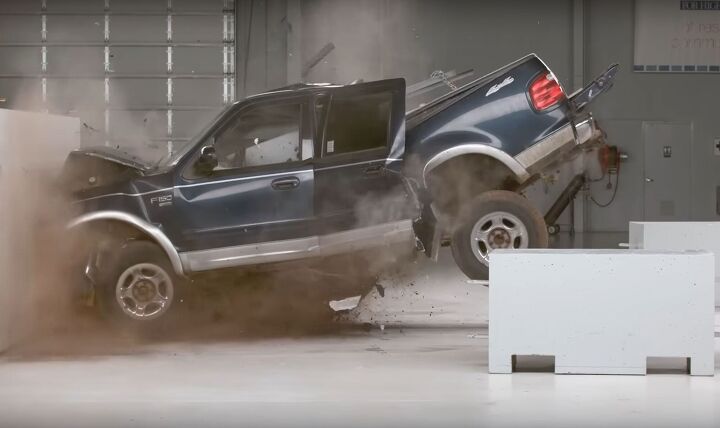

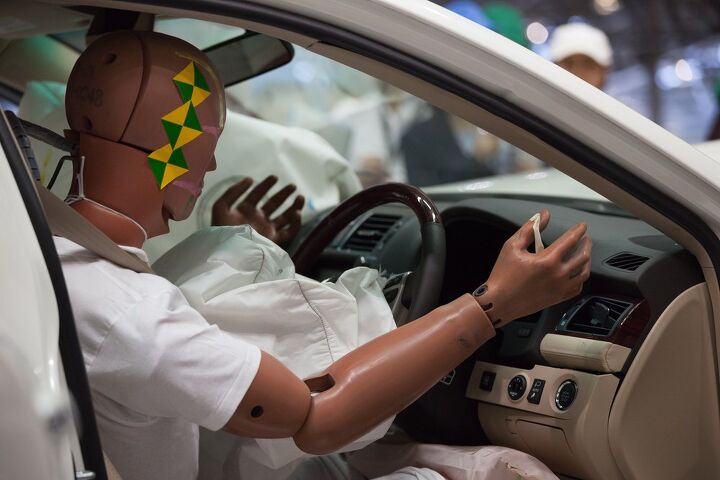




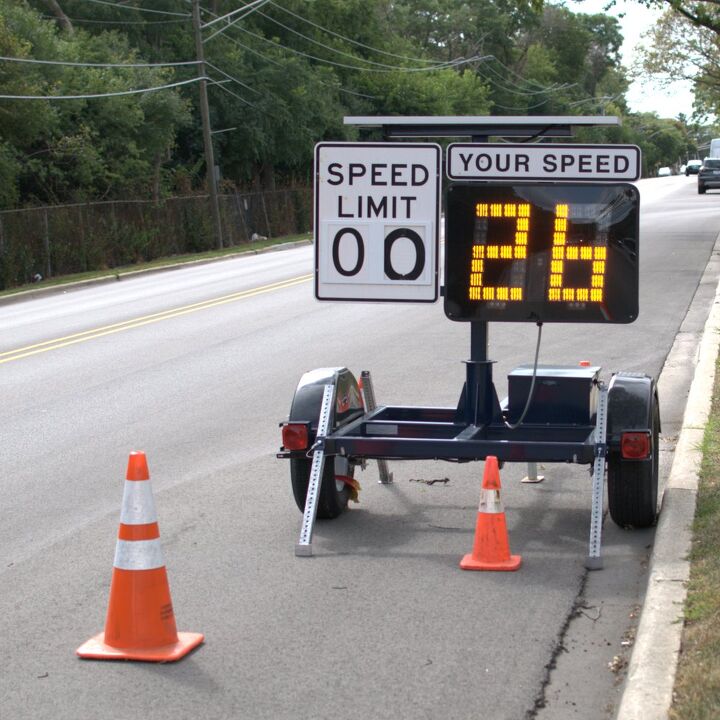
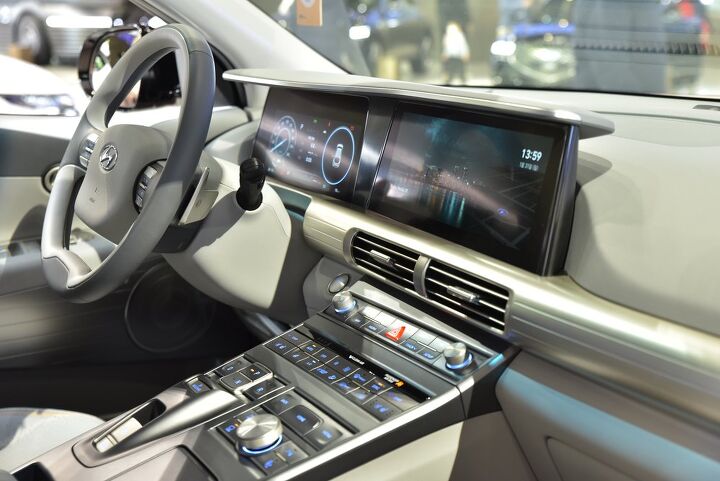
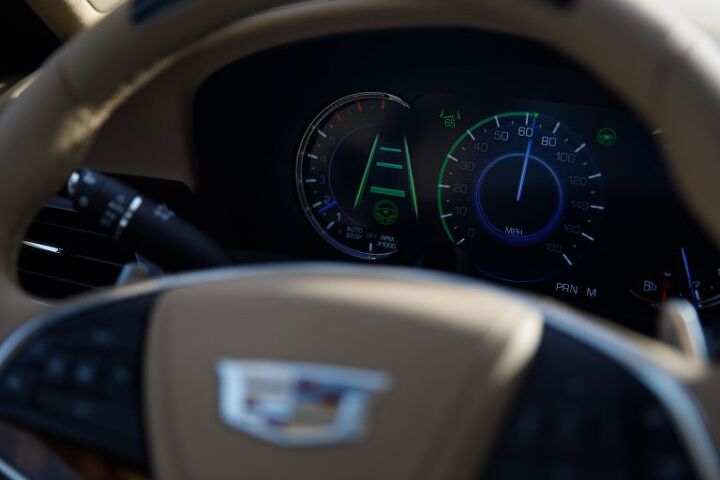

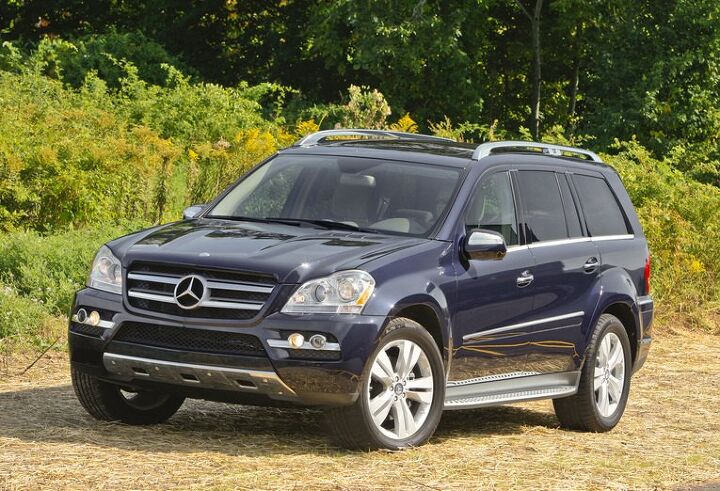
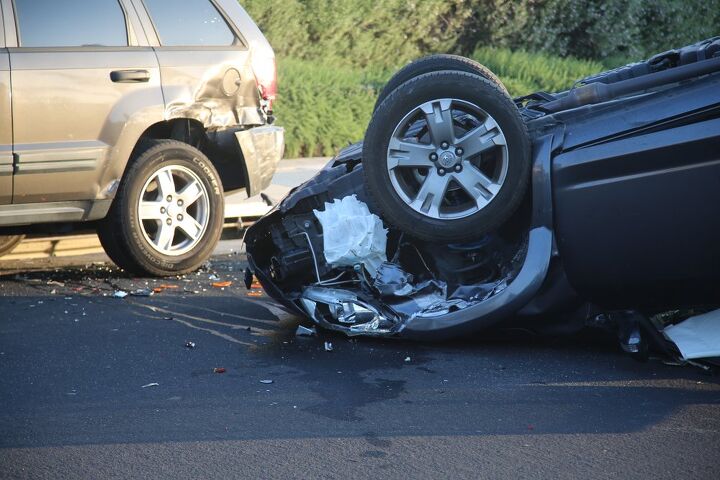













Recent Comments